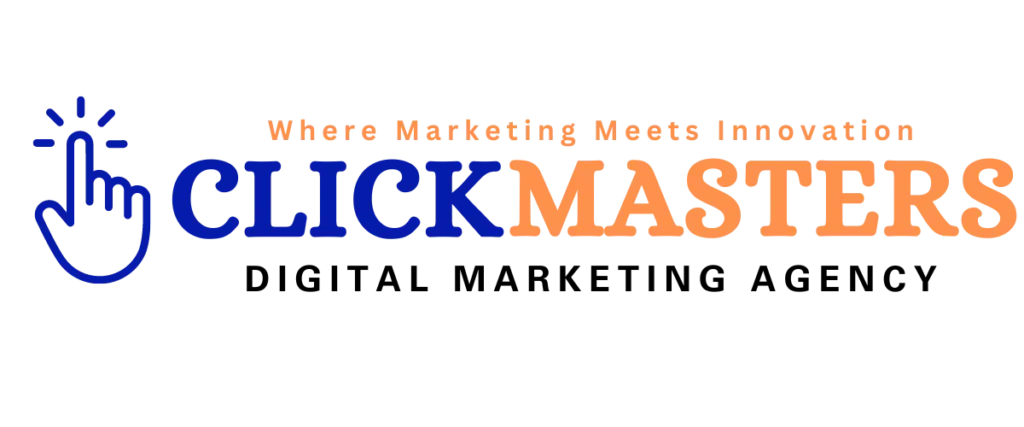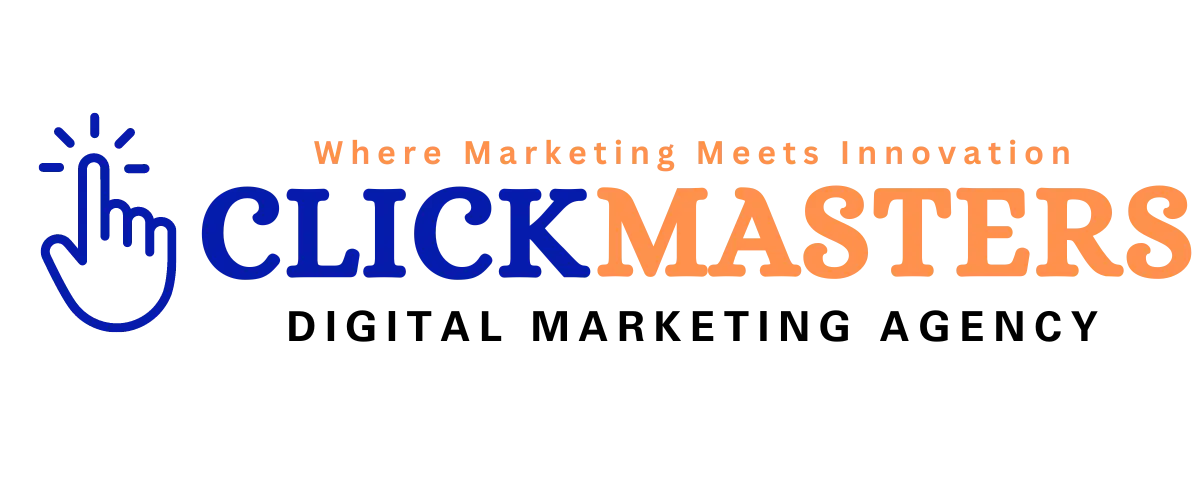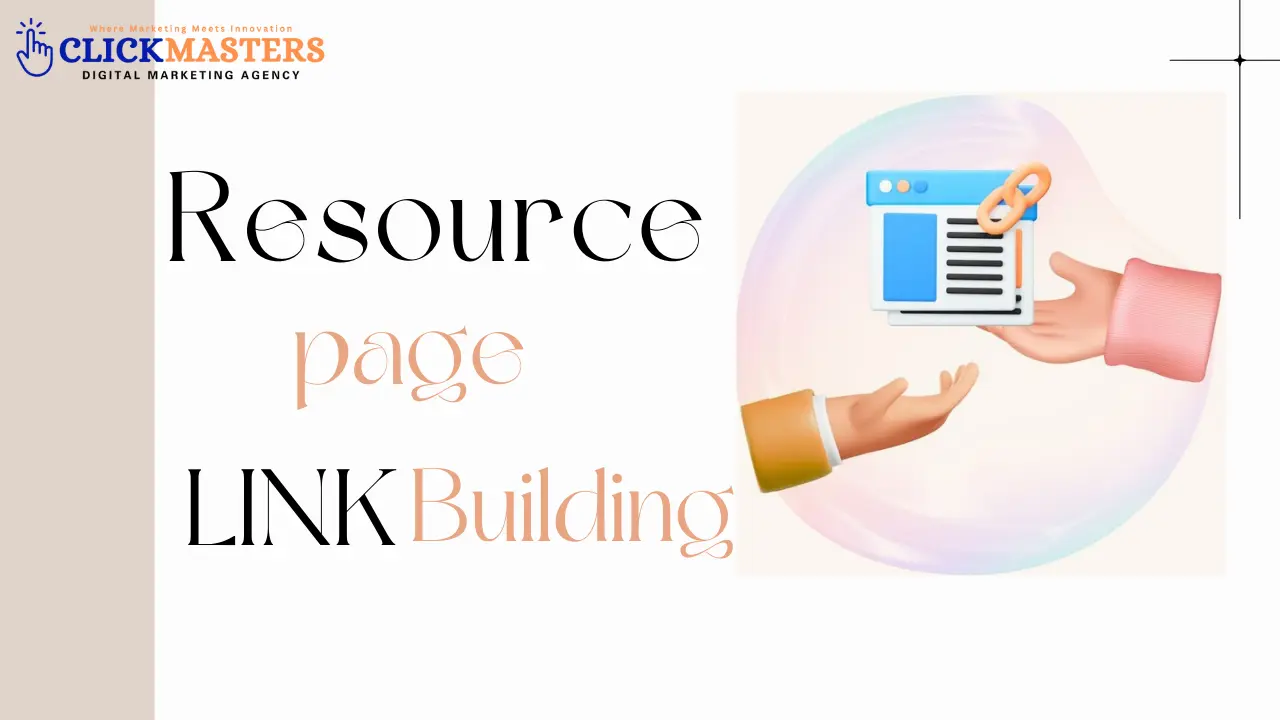Search engine optimization (SEO) is an important part of digital marketing strategy. It consists of two main aspects: ON-page SEO and OFF-page SEO. While on-page SEO focuses on optimizing your website’s content and structure, off-page SEO is about building your site’s reputation and authority in the digital world. One of the most effective off-page SEO techniques is leveraging resource pages. In this article, we will explore what resource pages are, how they contribute to off-page SEO, and how beginners can use them to enhance their website’s online visibility.
What Are Resource Pages?
Resource pages are dedicated web pages designed to compile a selection of useful links, tools, and resources focused on a specific subject or industry.These pages serve as a curated list of high-quality content, making it easier for users to find the information they need without extensive searching. For example, a resource hub on digital marketing might include links to tools, blogs, guides, and case studies about SEO, social media, and content marketing.
Resource pages are typically hosted on websites that aim to offer helpful content to their audience. They are often used by educational institutions, non-profit organizations, industry leaders, and bloggers to share knowledge and assist their readers.
Types of Resource Pages
Tool Lists:
Pages that provide links to software or tools specific to a niche (e.g., “Top 10 Free SEO Tools”).
Educational Resources:
Pages linking to guides, tutorials, or research papers (e.g., “Beginner’s Guide to Coding”).
Blog Roundups:
Lists of insightful blogs or articles on a specific topic (e.g., “Best Blogs for Social Media Marketing”).
Community and Forum Links:
Pages link to online communities or forums where people can discuss a particular subject.
Industry Directories:
Collections of companies, services, or professionals in a specific field.

Why Are Resource Pages Important for Off-Page SEO?
Off-page SEO revolves around building high-quality backlinks, which are links from other websites pointing to your site. These backlinks signal to search engines like Google that your content is valuable and trustworthy. Here is how resource hub contribute to off-page SEO:
High-Quality Backlinks
Reputable websites with strong domain authority often manage resource pages. If your website is featured on a resource hub, it can generate a high-quality backlink that improves your site’s authority and ranking on search engine results pages (SERPs).
Increased Referral Traffic
Resource pages often attract a targeted audience interested in specific topics. If your website is linked on a knowledge base, you are likely to receive referral traffic from users who click on the link to learn more about your content.
Improved Credibility
Being featured on a resource page adds credibility to your website. It shows that other websites recognize your content as valuable, which can enhance your reputation in your niche or industry.
Opportunities for Networking
Building relationships with the owners of knowledge base can lead to long-term collaboration opportunities. Networking with these site owners can open doors to guest posting, partnerships, and other link-building strategies.

How Our Agency Boosts Your Website Traffic
- SEO That Brings Long-Term Success
- Transform Your Traffic into Loyal Customers
- SEO Strategies for Sustainable Growth
How to Find Resource Pages?
To leverage knowledge base for off-page SEO, you first need to identify relevant pages in your niche. Here are some effective methods to find resource pages:
Google Search Operators
Utilize search operators to refine and focus your search results. For example:
“[your topic] + resource page”
“[your topic] + useful links”
“[your topic] + inurl:resources”
“[your topic] + intitle:resources”
For instance, if you’re looking for knowledge base on digital marketing, you could search for “digital marketing resource page” or “SEO useful links.”
Competitor Backlink Analysis
Analyze the backlinks of your competitors using tools like Ahrefs, SEMrush, or Moz. Look for knowledge base linking to their websites and see if you can also get featured on those pages.
Online Communities and Forums
Engage actively in online communities and forums that focus on your specific niche. Members often share knowledge base, which can help you discover new opportunities.
How to Get Your Website Featured on Resource Pages
Once you’ve identified a relevant knowledge base, the next step is to reach out to the website owners and request a backlink. To get your website featured on resource pages, start by creating high-quality, relevant content that aligns with the topic of the page. This could include in-depth guides, case studies, or valuable tools that offer real value to the audience.Here’s a step-by-step guide:

Create High-Quality Content
Before reaching out to knowledge base owners, ensure your website offers valuable and relevant content. Your content should be informative, engaging, and aligned with the topic of the knowledge base. Examples of link-worthy content include:
In-depth guides or tutorials
Original research or case studies
Comprehensive tools or templates
Personalize Your Outreach
When contacting the owner of a knowledge base, personalize your email to stand out. Mention why you think your content would be a great addition to their page. Highlight the value it offers to their audience.
Here’s an example of an outreach email:
Subject: Suggesting a Valuable Resource for Your Page
Hi [Name],
I came across your [topic] resource page and found it incredibly helpful. Thank you for curating such a valuable list of resources for [specific audience].
I recently published [title of your content], which provides [brief description of the content]. I believe it would be a valuable addition to your resource page and help your readers [specific benefit].
Feel free to explore it here: [link to your content]
Thank you for considering my suggestion. Don’t hesitate to reach out if you need any further details!
Follow Up
If there’s no response to your initial email, consider sending a courteous follow-up after seven days. Keep your tone professional and express genuine interest in contributing to their knowledge base.
Build Relationships
Don’t treat base outreach as a one-time task. Build long-term relationships with website owners by engaging with their content, sharing their posts on social media, or collaborating on projects.
Best Practices for Resource Page Outreach
- Be Relevant: Ensure your content aligns with the topic and audience of the resource page.
- Keep It Short and Clear: Avoid lengthy emails. Be direct and concise while keeping your tone warm and approachable.
- Offer Value: Focus on how your content can benefit their audience rather than emphasizing your needs.
- Avoid Spammy Tactics: Don’t use automated tools for outreach. Genuine, personalized emails have a much higher success rate.
Common Mistakes to Avoid
- Targeting Irrelevant Pages: Only approach resource pages relevant to your niche. Irrelevant backlinks can harm your SEO.
- Ignoring Content Quality: Poor-quality content is unlikely to be featured on reputable resource pages.
- Being Pushy: Respect the website owner’s decision if they decline your request.
- Failing to Research: Ensure the resource page is active and maintained before reaching out.
Conclusion
Resource pages are a powerful tool for building high-quality backlinks and improving your off-page SEO. By identifying relevant resource pages, creating valuable content, and conducting personalized outreach, you can strengthen your website’s authority and drive targeted traffic. Keep in mind that SEO is a long-term game; staying persistent and consistent is key to achieving results. With time and dedication, leveraging resource pages can significantly boost your online visibility and help your website rank higher in search results.

How Our Agency Boosts Your Website Traffic
- SEO That Brings Long-Term Success
- Transform Your Traffic into Loyal Customers
- SEO Strategies for Sustainable Growth
FAQs
What are resource pages?
Resource pages are dedicated web pages that curate a list of useful links, tools, or resources related to a specific topic or industry. These pages help users find valuable information quickly without extensive searching.
Why are resource pages important for off-page SEO?
Rreference page are crucial for off-page SEO because they provide high-quality backlinks to your website, which can improve your search engine rankings. They also drive referral traffic, enhance credibility, and create networking opportunities.
How can I find resource pages in my niche?
You can find reference page by using Google search operators (e.g., “[your topic] + resource page”), analyzing competitor backlinks, or engaging in online communities and forums related to your niche.
How do I get my website featured on resource pages?
To get featured on a reference page, ensure your content is high-quality, relevant, and valuable to the audience. Then, reach out to the resource page owner with a personalized email, suggesting that your content would be a great addition.
Can resource page links improve my website’s SEO?
Yes, being featured on a Reference Page can significantly improve your website’s SEO by providing high-quality backlinks that boost your website’s authority and ranking on search engine results pages (SERPs).









